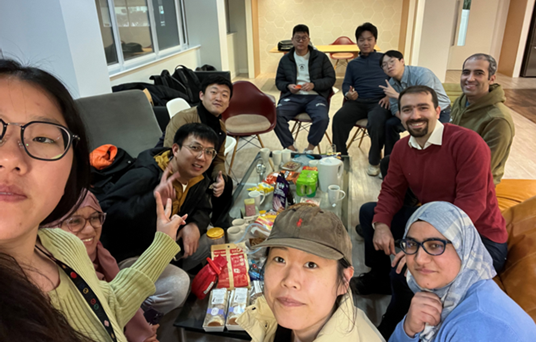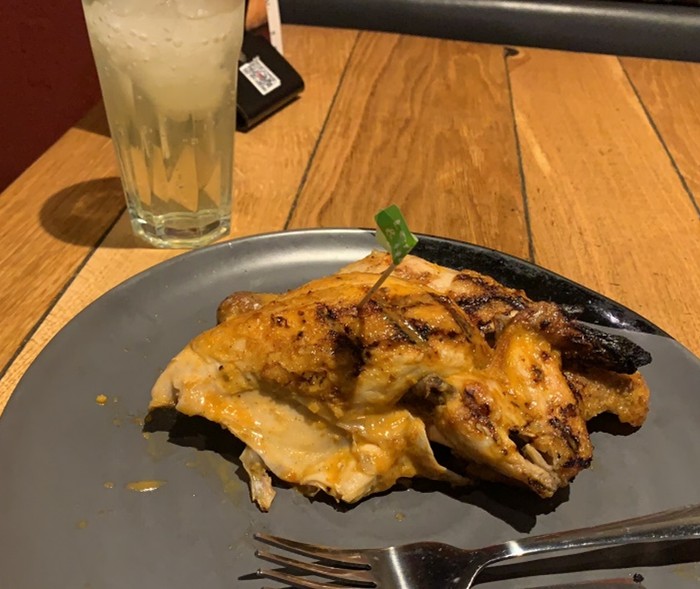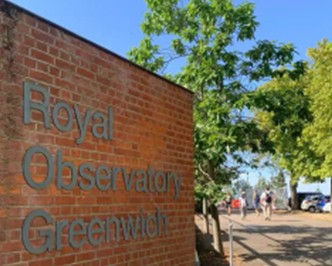【長期研修:2024.7.1-2025.1.14】イギリス, ユニバーシティ・カレッジ・ロンドン:彭 正康さん
I conducted a 6-month overseas training from July 2024 to January 2025 at the laboratory of Professor Abdi-Jalebi Mojtaba at the University College London (UCL) in the United Kingdom to broaden my knowledge of advanced characterization measurement and related research methods for studying the synthetic methods for bismuth-based mixed-anion compounds. Professor Mojtaba’s group specialized in solution-based processes to fabricate thin films and synthesize the powder samples. With assistance from the post-doctoral colleagues, I learned how to carry out hydrothermal synthesis, prepare samples for electrochemical analysis and perform a series of electrochemical measurements including linear sweep voltammetry (LSV), electrochemical impedance spectroscopy (EIS) and cyclic voltammetry (CV).

Figure 1 UCL Main Building in the UCL main campus at Gower Street
I arrived in London on July 2, 2024 and quickly adapted to both my research and daily life. With the guidance from Dr. Preetam and Dr. Nusrat, I became familiar with laboratory routines including the operation of commonly used experimental equipment, usage of shared facilities and design of new research activities. After some trial experiments and equipment testing, I began the hydrothermal synthesis of Bi4O4S3 crystals with controlled facet exposure. These experiments were challenging due to the limited autoclaves and time-consuming process. Therefore, careful planning and thorough data analysis were essential for every experiment. Thanks to the kind support from the postdoctoral and PhD students in the lab, I was able to proceed with my research smoothly. Finally, I succeeded in synthesizing the high-purity Bi4O4S3 samples with dominantly exposed (001) facets. As you can see from Figure 2, I systematically studied a series of Bi-based oxysulfide samples adjusting various parameters including temperatures, reaction time, the molar ratio of Bi to S precursors and concentration of alkaline.

Figure 2 Samples I made at UCL and some of key samples were sent back to Japan
Mojtaba’s group possesses a shared space at 40 Bernard Street, near the Russell Square underground station. I would spend time there working on the paperwork or reading the recent research paper if I do not have experiments scheduled. It is also a great place to discuss research progress and interesting scientific papers with lab members. I often had stimulating conversations with Dr.Nusrat, Dr. Preetam and Luo, a PhD student, at that office. We exchanged ideas on topics including the crystal growth mechanism in hydrothermal synthesis, logical approaches to data processing and recent publications on the field of energy conversion materials such as solar cell or photocatalysis. With their support and guidance, I gradually learned how to manage a research project independently which will significantly benefit my future academic career.

Figure 3 Year-end party with all lab members
London is an incredibly inclusive metropolitan city in culture. I can meet people from all over the world with various languages and diverse backgrounds. Unlike the life in Japan or in China, I never felt a barrier as being regarded as a foreigner in London because this city is home to all international residents. The food culture is also vibrant, and I particularly enjoyed the flame-grilled chicken from Nando’s, a South African chain that become my favorite. In the weekend and holiday, I visited several landmarks including the Great Clock of Westminster (Big Ben), the Palace of Westminster, the Tower of London and the Royal Greenwich Observatory where the Prime Meridian is.
Overall, my time in London broadened my perspective and helped me grow as a researcher. Interacting with people from different backgrounds not only sharpened my research and communication skills but also enriched my cultural understanding.
- Figure 4 Flame-grilled chicken in Nando’s
- Figure 5 Royal Observatory at Greenwich


